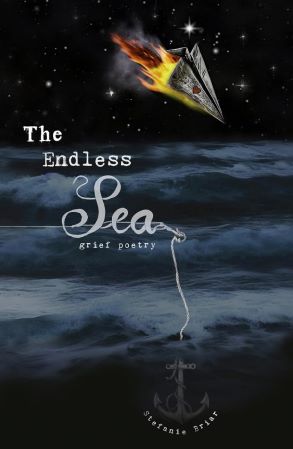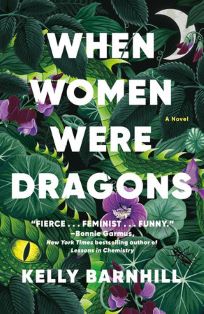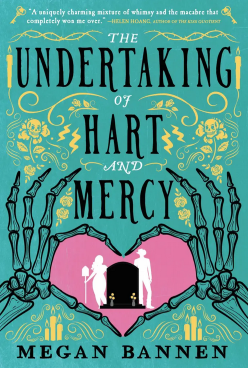Navigating my mother’s illness helped me confront my fear of grief.

My mom is one of the biggest reasons I survived the pandemic. When I was sinking in a never-ending quicksand of loneliness, she would come visit me nightly, sitting and reading with me or watching a Marvel movie and valiantly trying to follow along with the wacky plot twists. So, when she was diagnosed with breast cancer a few months ago, it truly felt as though my world had shifted incomprehensively and incontrovertibly.
Let me be clear: The story of my mother’s illness is her own, one in which I am only a supporting character. But supporting characters, too, can be frightened and angry, especially when the person they have most often turned to for help is the one who most needs their help now.
In an effort to make sense of my maelstrom of emotions, I turned to Stefanie Briar’s The Endless Sea: grief poetry. Although it meant I spent a morning sobbing intermittently, I’m thankful I did.
“Missing you will be the end of me,” writes Briar in chapter 1: grieving the dead. “This is dry land,/but grief is the endless sea,/and I am drowning.”
“I do not fear water,” she adds in chapter 3: grieving the self. “I never have./I’ve done all my drowning/on dry land.”
During the past weeks, I’ve often felt as though I were suffocating — a different kind of lack of air from drowning but equally panic-inducing. A friend taught me to ask myself, “Am I breathing?” as a way of resetting my internal circulatory system, and I did so repeatedly as I read through Briar’s poems.
In my 37 years, I’ve been incredibly fortunate when it comes to grief. Yes, I have lost loved ones, but never someone so close it felt as though part of me had broken away and drifted, like an ice floe, into the cold and impenetrable distance.
“Grief is the endless sea,” writes Briar, “the sun rising each day/on more invisible agony,/on new ways for the world/to no longer contain you.”
It’s confusing to be grappling with a grief that may not come to pass for years and exhausting to constantly be wondering, “What if?” I want to focus on being there for my mom as she has always been there for me, but I find myself paralyzed by the awareness of what could, at any moment, come to pass.
Of course, this was a truth even before my mom got sick, but it seems so much more urgent now. It’s almost too large a possibility to grapple with, and there’s no real way I can anticipate my feelings, but that truth in and of itself is daunting — that, in some ways, all we can do is watch and wait.
In the Marvel show “WandaVision,” the superhero Vision asks the question, “What is grief, if not love persevering?” Briar answers this query with a poem:
“The greatest paradox:/the weight of your loss/is the anchor around my ankles/but the strength of your love/is what keeps me reaching skyward.”
For now, we will simply have to continue reaching skyward and hope.
Mariko Hewer is a freelance editor and writer as well as a nursery-school teacher. She is passionate about good books, good food, and good company. Find her occasional insights of varying quality on Twitter at @hapahaiku.

